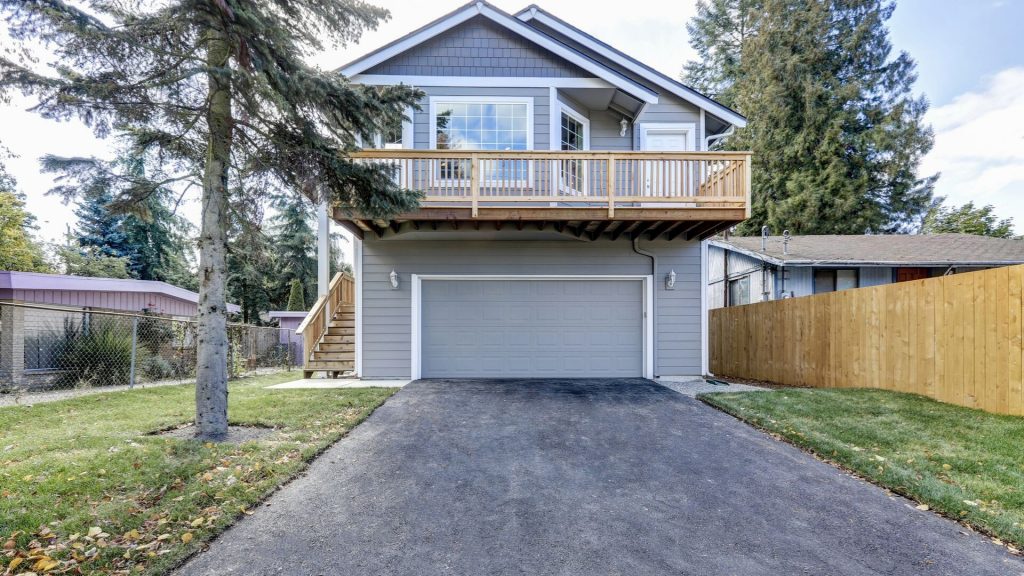Renting out part of a residence is a very old practice. Decades ago, it was common for renters to rent rooms within someone else’s residence. In some circumstances, the renters might rent the entire third floor, or the entire basement of an otherwise single-family dwelling. Then things changed. For the last several decades, people generally only rented completely separate spaces, whether an apartment in an apartment complex, or the separate in-law quarters behind someone’s house. More recently, however, people are trending back towards the concept of renting rooms, or attached-but-separate living spaces, within a larger home.
How is it beneficial?
Carving out or adding rental space on your home or property has two immediate advantages. First, it may increase your property value. Banks see the rental income as added value. This has the added benefit of allowing you more leverage should you want to borrow against it. Second, earning rental income is good for your bank account, both in the short term and the long term.
There are also long-term advantages. A separated living space doesn’t have to be used as a rental right away. If you have grown children who live out of state, separate living quarters function beautifully as a guest house. Your kids and grandkids can come to visit, and they’re right there on property, but their daily mess and noise stays in their living unit. Or maybe your aging parent is no longer able to live on their own, so it makes sense to have them on the same property, close by, but with complete privacy. Use the quarters for family and guests as long as you like. Perhaps when you’re ready to retire, you can repurpose the space as an AirBnB rental or a long-term resident rental, allowing your property to generate income for you. Your house never appears unoccupied, which is a nice anti-theft feature if you like to travel.
That sounds pretty good, right? So how do you make rental space within your home or on your property? Let’s discuss some options.
 Where do I put it?
Where do I put it?
The most common method is by adding an apartment. These are often referred to as ADUs, or additional dwelling units. They have a full bathroom and a small but fully-functional kitchen. There are as many different ways of doing this as there are different floorplans in the Maryland and Washington D.C. areas.
Here are just a few ideas:
- Renovate the basement to have a separate exterior entrance and make it a separate space.
- Renovate an entire floor of a multi-floor home to have a separate exterior entrance (and stairs).
- Add a story with its own entrance.
- Build an apartment over the garage.
- Add a casita or in-law quarters in the backyard, either attached to the main house or entirely separate.
Keep in mind, while these spaces may or may not have internal access to the house, they are not intended to share bathrooms or the kitchen with the main house- they must have their own.
Be sure to consult with us before you begin your design process, as every county and neighborhood has a specific set of stipulations on what you can and cannot do with rental spaces on any given property. Some have rules about how large a separate unit can be, or how tall a home may be. In some places, there is a maximum number of rentals allowed per block, so you may be limited by what your neighbors have done before you. It’s best to first know what’s allowed and then design around those restrictions. Often times, the most lenient option is to keep the rental until entirely within the footprint of your existing home.
One last consideration regarding ADUs is your resale value. Should you plan to sell the home, and attached/detached ADU, anytime in the future, you have a built-in value-add for potential buyers to consider. So it’s a win-win for everyone!





